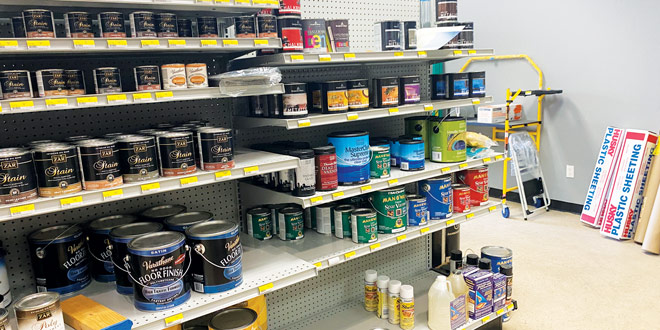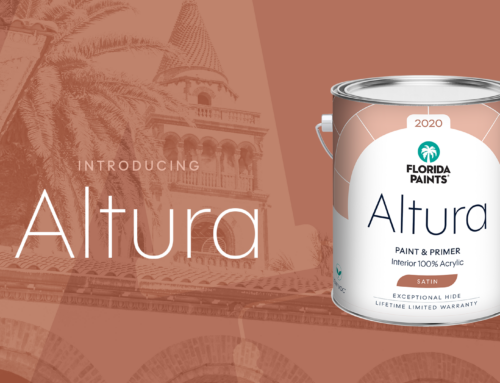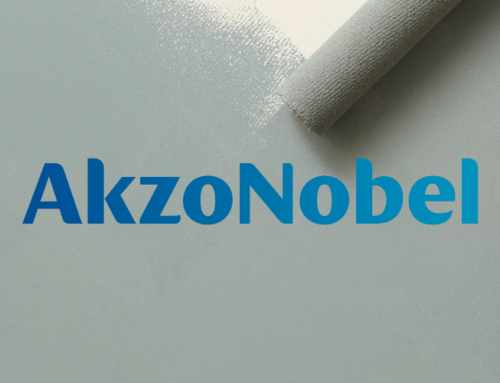Because of its composition, oil-based paint is ideal for painting high-traffic areas and surfaces that are typically more difficult for paint to stick to such as cabinets, trim and metal. While oil-based paints provide a high level of durability, they also contain volatile organic compounds (VOCs).
Several states passed regulations regarding the sale of oil-based paints in the early 2000s. As an eco-friendly alternative, manufacturers have created alkyd, or oil-modified paints, which offer the durability of an oil-based paint without the negative environmental impact.
What is alkyd paint?
Paint is made up of two parts, a pigment, which is the color part of the paint, and a binder, which keeps the paint adhered to the surface when applied. Instead of the pigment suspended in oil, like in oil-based paints, alkyd paints are formed when alkyd resin is dissolved in a thinner, generally alcohol or mineral spirits.
Where is alkyd paint used?
Eric Popp, store manager of The Color Palette Paint Store in Pittsburgh, Pennsylvania, says DIYers and contractors alike have been asking for oil-modified paints for a variety of projects. They are looking for alkyd paints to use on kitchen and bathroom cabinets, furniture, baseboards, doors and trim because they provide the durability of an oil-based paint with fewer harmful VOCs.
“We let our customers know they are getting the durability benefits of an oil-based paint but with the convenience of a latex paint that allows for soap and water clean up. With that knowledge, the products practically sell themselves.”
—Eric Popp, The Color Palette Paint Store
Choose the right products.
Popp says he brings in the specialty products that the customer demands, looking for quality and a product that will work hard and lead to excellent end results. Use recommendations from trusted customers and experiment with different brands in your store to find the ones that offer the best products your customers need.
“We’ve had several products that we only offered as special orders, but when the requests started to pick up, we decided to carry them in our store.”
—Eric Popp, The Color Palette Paint Store
Oil-Based Paints Regulations
Most states haven’t banned oil-based paint completely, but the regulations that states have placed on oil-based paints have driven manufacturers to produce oil-modified alternatives.
In Pennsylvania, the amount of VOCs allowed in oil-based polyurethane is regulated, so a manufacturer may be able to sell its oil-based product in gallon sizes in every other state but have to sell it in quart sizes in Pennsylvania because the gallon sizes would be over the limit for VOCs according to that state’s rules and regulations.
Check with your state’s environmental agency for the regulations in your area. Let your customers know that their favorite products are still available but might be sold in smaller sizes.
Specialty Paint Points
Discover how specialty paints can ignite sales at your operation. Learn more at PDRmag.com/specialty-paints.







